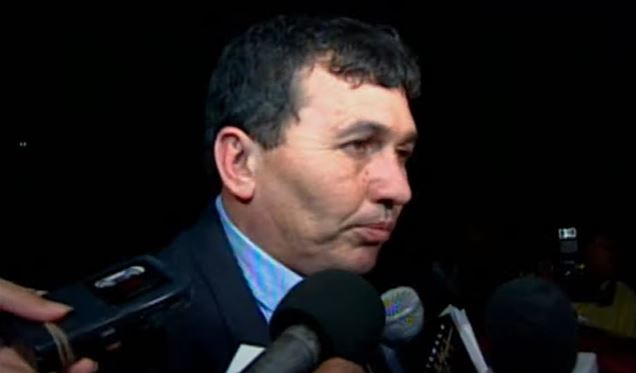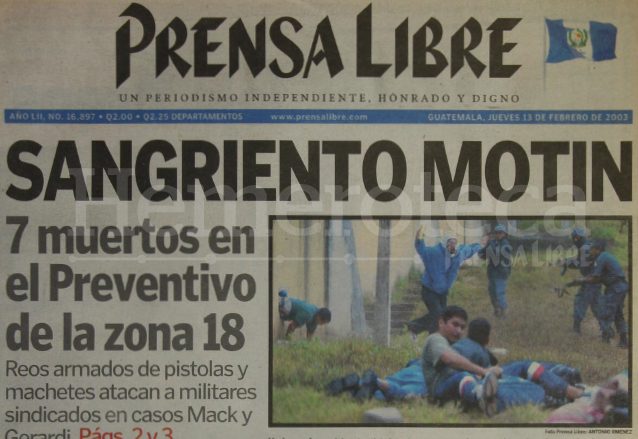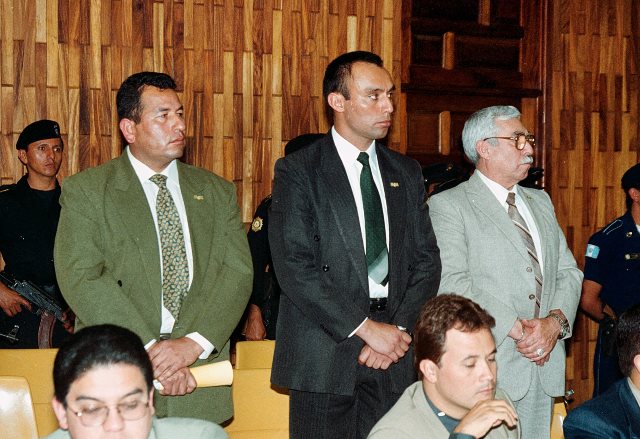HBO’s ‘The Art of Political Murder,’ directed by Emmy award-winning Paul Taylor, follows the aftermath of the Guatemalan Civil War and the vicious conflict between government forces and leftist rebel groups, which even somehow resulted in the assassination of Bishop Juan José Gerardi. Based on Francisco Goldman’s 2007 book of the same title, it examines how Bishop Gerardi was brutally murdered in a garage two days after he published a damning report that outlined the atrocities committed by the Army during the war. Along with that, it also highlights his attackers, one of whom was Guatemalan Army Sergeant José Obdulio Villanueva.
Who Was José Obdulio Villanueva?

José Obdulio Villanueva was reportedly from eastern Guatemala, from an area which usually consisted of poor smallholders or agricultural laborers. However, once he came of age, he decided to do something about his life and joined the Guatemalan Army. There, he quickly rose through the ranks to become a military specialist and sergeant before leaving to join the security detail in the Presidential General Staff. In January of 1996, while José held the position of the Presidential Bodyguard, serving Former President Álvaro Arzú, he was accused of murdering a milkman because of a misunderstanding.
Two years later, in early 1998, even though José acted out of instinct to protect his boss and the leader of his country, he was sentenced to four years in prison for his crime. But as he was able to post bail, he was let go shortly thereafter. According to some reports, José got out the same day Bishop Gerardi was murdered, on April 26, 1998. And apparently, he, along with Army Captain Lima Oliva and Colonel Lima Estrada, killed the Bishop, destroyed evidence, and then moved his body, all the while filming it with a video camera. Therefore, in early 2000, José Villanueva was charged and arrested for murder.
How Did José Obdulio Villanueva Die?

After a trial in a civilian court, on June 8, 2001, José Obdulio Villanueva was convicted of the charge against him, getting sentenced to serve 30 years behind bars for the extrajudicial execution of Bishop Juan Gerardi. José appealed his conviction, but before the court could reach a verdict, he passed away. If he hadn’t, his sentence would probably have been reduced to 20 years, just like the Limas’.
It was on February 12, 2003, that the inmates of the Preventive Detention Center for Men in zone 18 caused a riot due to the power struggles within. Apparently, the gang members who led this were dissatisfied with the privileges the former military inmates were receiving in prison. So, they confronted them. A total of seven inmates died that day, four of whom were beheaded. And amongst the latter was José.
Read More: Where Is Mario Orantes Now?


You must be logged in to post a comment.